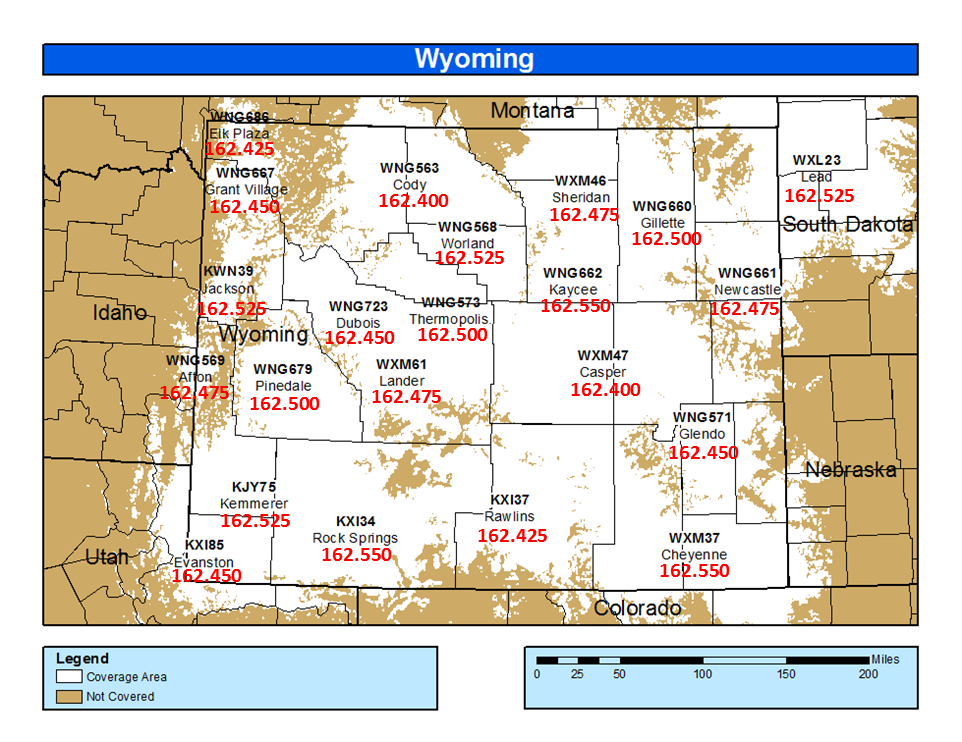8 Common But Subtle Signs Of Adult ADHD

Table of Contents
Difficulty with Organization and Time Management
Adult ADHD often presents with significant challenges in organization and time management, impacting both professional and personal spheres. These difficulties aren't simply a matter of laziness or poor habits; they stem from neurological differences affecting executive function.
Chronic Procrastination
Adults with ADHD often struggle with starting and completing tasks, leading to consistent procrastination. This isn't a character flaw; it's a symptom.
- Difficulty prioritizing tasks: Feeling overwhelmed by even simple projects makes it hard to know where to begin.
- Feeling overwhelmed by even simple projects: The sheer thought of starting a task can be paralyzing.
- Consistently missing deadlines: This can lead to significant consequences at work and in personal relationships.
This isn't simply laziness; it's a neurological challenge impacting executive function, making it difficult to initiate and maintain focus on tasks.
Poor Planning and Execution
Challenges extend beyond starting tasks; planning and executing plans are equally difficult for many with Adult ADHD.
- Forgetfulness of appointments: Missed appointments become a recurring theme.
- Difficulty with long-term planning: Long-term goals often remain unachieved due to inconsistent planning and follow-through.
- Impulsive decision-making: Decisions are often made without considering the consequences, leading to unplanned actions and repercussions.
This can manifest as missed appointments, forgotten errands, and difficulty meeting work or personal goals, creating a sense of constant chaos and frustration.
Problems with Focus and Attention
Sustained focus and attention are frequently disrupted in adults with ADHD. This can lead to significant challenges in various aspects of life.
Restlessness and Difficulty Relaxing
A constant feeling of needing to be doing something is a hallmark of ADHD. Rest and relaxation are often difficult to achieve.
- Fidgeting: Constant movement and fidgeting are common ways to release excess energy.
- Pacing: Walking back and forth can be a subconscious attempt to burn off nervous energy.
- Difficulty maintaining focus during conversations or activities: The mind wanders, making it hard to fully engage.
This hyperactivity can lead to sleep disturbances and difficulties with downtime, contributing to feelings of exhaustion and stress.
Easily Distracted
External stimuli easily divert attention, significantly impacting concentration and productivity.
- Difficulty completing tasks due to distractions: Minor interruptions derail focus, making it hard to finish what’s been started.
- Frequently switching tasks without finishing: Starting multiple projects but completing none is a common experience.
- Trouble filtering out irrelevant information: The brain struggles to prioritize information, leading to information overload.
This impacts work performance, relationships, and personal life, resulting in feelings of inadequacy and frustration.
Emotional Dysregulation and Impulsivity
Emotional regulation and impulsivity are key characteristics of Adult ADHD. These aspects can greatly impact interpersonal relationships and decision-making.
Irritability and Short Temper
Frequent mood swings and a tendency towards irritability are common. Minor frustrations can trigger significant emotional responses.
- Quick anger: Anger flares up easily, often disproportionate to the situation.
- Difficulty controlling emotional responses: Emotional outbursts can be frequent and unpredictable.
- Increased stress levels: Difficulty coping with stress contributes to emotional instability.
These emotional outbursts can strain personal relationships and professional collaborations, leading to conflict and isolation.
Impulsive Behavior
Acting without thinking is a significant challenge. Impulsivity leads to poor decisions and regrettable actions.
- Spending sprees: Uncontrolled spending can result in financial difficulties.
- Risky behaviors: Engaging in risky behaviors without considering the consequences.
- Impulsive eating: Eating excessively without awareness of hunger cues.
- Difficulty with self-control: The ability to resist impulses is often impaired.
This can lead to financial difficulties, relationship problems, and even legal trouble, creating a cycle of negative consequences.
Challenges with Working Memory
Working memory, the ability to hold information in mind and manipulate it, is often impaired in adults with ADHD.
Difficulty Remembering Details
Forgetting appointments, names, conversations, and other crucial details is a common struggle.
- Repeatedly asking the same questions: Information isn’t retained, requiring repetition.
- Misplacing items: Losing things frequently due to poor organization and attention to detail.
- Struggling to recall recent events: Difficulty remembering what happened just moments ago.
This impacts daily life significantly and can cause significant stress and frustration.
Mental Clutter and Overwhelm
Feeling mentally overwhelmed and unable to process information effectively is another common challenge.
- Difficulty prioritizing tasks: Struggling to discern what's important, leading to feelings of being overwhelmed.
- Feeling bombarded with thoughts: The mind races, making it hard to focus and concentrate.
- Difficulty making decisions: The inability to process information effectively leads to decision paralysis.
This can lead to increased anxiety and feelings of inadequacy, further exacerbating the challenges associated with Adult ADHD.
Conclusion
Recognizing the subtle signs of Adult ADHD, such as difficulties with organization, focus, emotional regulation, and working memory, is crucial for seeking appropriate support. While these symptoms can significantly impact your life, understanding them is the first step towards effective management. If you resonate with several of these signs, consider seeking a professional diagnosis from a psychiatrist or therapist specializing in ADHD. They can help assess your symptoms and discuss treatment options like therapy, medication, or a combination of both. Don't let Adult ADHD control your life – take action today and learn more about available resources for managing Adult ADHD.

Featured Posts
-
 Convicted Cardinal Challenges Conclave Voting Eligibility Rules
Apr 29, 2025
Convicted Cardinal Challenges Conclave Voting Eligibility Rules
Apr 29, 2025 -
 Prof Khristova Za Vrzkata Mezhdu Toploto Vreme I Gripa
Apr 29, 2025
Prof Khristova Za Vrzkata Mezhdu Toploto Vreme I Gripa
Apr 29, 2025 -
 The Perfect White Lotus Season 3 Location A Proposal
Apr 29, 2025
The Perfect White Lotus Season 3 Location A Proposal
Apr 29, 2025 -
 Magnificent Seven Stocks 2 5 Trillion Market Value Lost In 2024
Apr 29, 2025
Magnificent Seven Stocks 2 5 Trillion Market Value Lost In 2024
Apr 29, 2025 -
 Nws Kentucky Getting Ready For Severe Weather Awareness Week
Apr 29, 2025
Nws Kentucky Getting Ready For Severe Weather Awareness Week
Apr 29, 2025
